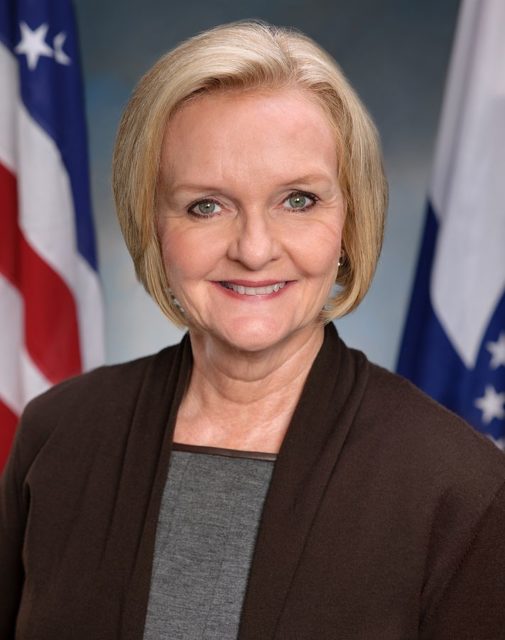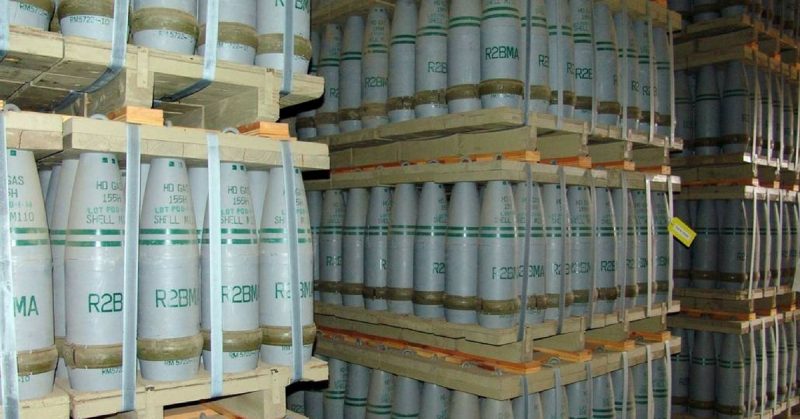Current Missouri senator Claire McCaskill is planning to put forth legislation to help veterans of World War II who were exposed to mustard gas. These veterans were used in classified experiments that were conducted by their own United States military. Not surprisingly, for over five decades these soldiers were sworn to secrecy about their participation and knowledge of the matter.
National Public Radio (NPR) conducted its own investigation last year. They found that the Department of Veterans Affairs did not notify thousands of mustard gas test subjects that they are eligible to apply for financial compensation. Furthermore, the investigation found that many of the claims which were routinely denied were actually from veterans who did, in fact, qualify for the compensation. The VA has defended their findings by saying that many veterans just do not have sufficient evidence to prove their participation in tests that used mustard gas. However, the VA is well aware that the tests were purposely kept off official records.
Senator McCaskill is going to call the bill the Arla Harrell Act. The name is meant to remember the man who is believed to be the last remaining Missourian who was used as a mustard gas test subject. Harrell is 89 years old and currently resides in a nursing home. Just last month, his most recent claim for compensation was denied by the VA. It is one of many rejections he has received.

There were approximately 600,000 Army and Navy troops used for experiments within the military to help prepare United States servicemen to face the use of mustard gas in battle. This substance is known to cause serious life-altering and life-threatening illnesses such as leukemia, skin cancer, and chronic breathing problems.
Once NPR published their findings from the investigation, McCaskill’s office started its own investigation into the treatment of mustard gas test subjects. The VA and the Pentagon cooperated enough to provide McCaskill with information that confirmed there are only 40 living veterans who are currently receiving compensation for injuries obtained from the experiments. Sadly, 90 percent of veteran claims for mustard gas-related injuries have been completely denied by the VA.
This bill is looking to change that. It calls for the VA and the Department of Defense (DOD) to implement a new policy for processing claims for mustard gas exposure and for all previously denied claims to be reconsidered. The bill wants the VA to presume that veterans were actually exposed to dangerous and toxic agents “unless either agency can definitely prove otherwise.” This shifts the burden of proof, which will likely result in different outcomes.
VA officials spoke to NPR and confirmed that their agency was looking over Senator McCaskill’s report. According to the spokesperson, the VA “greatly appreciates the service and sacrifices of every World War II Veteran and any veteran who may have been injured in mustard gas testing.” This would serve as a good opportunity to prove such sentiments.
